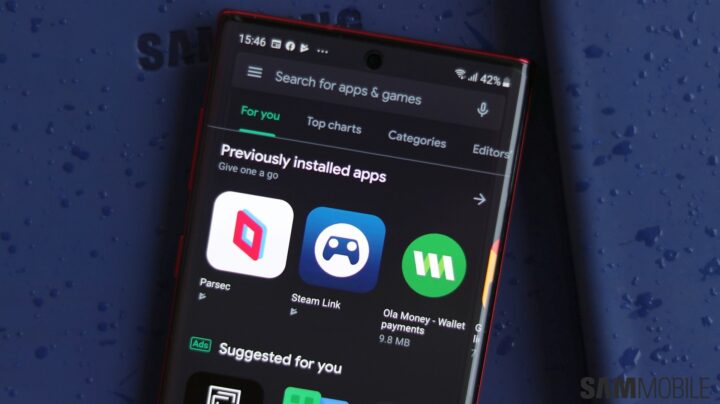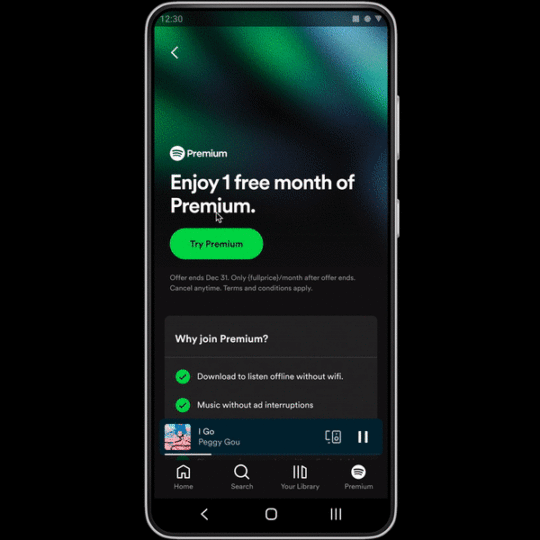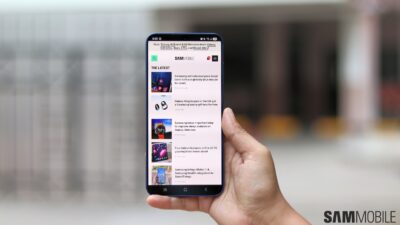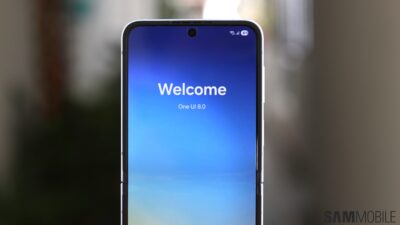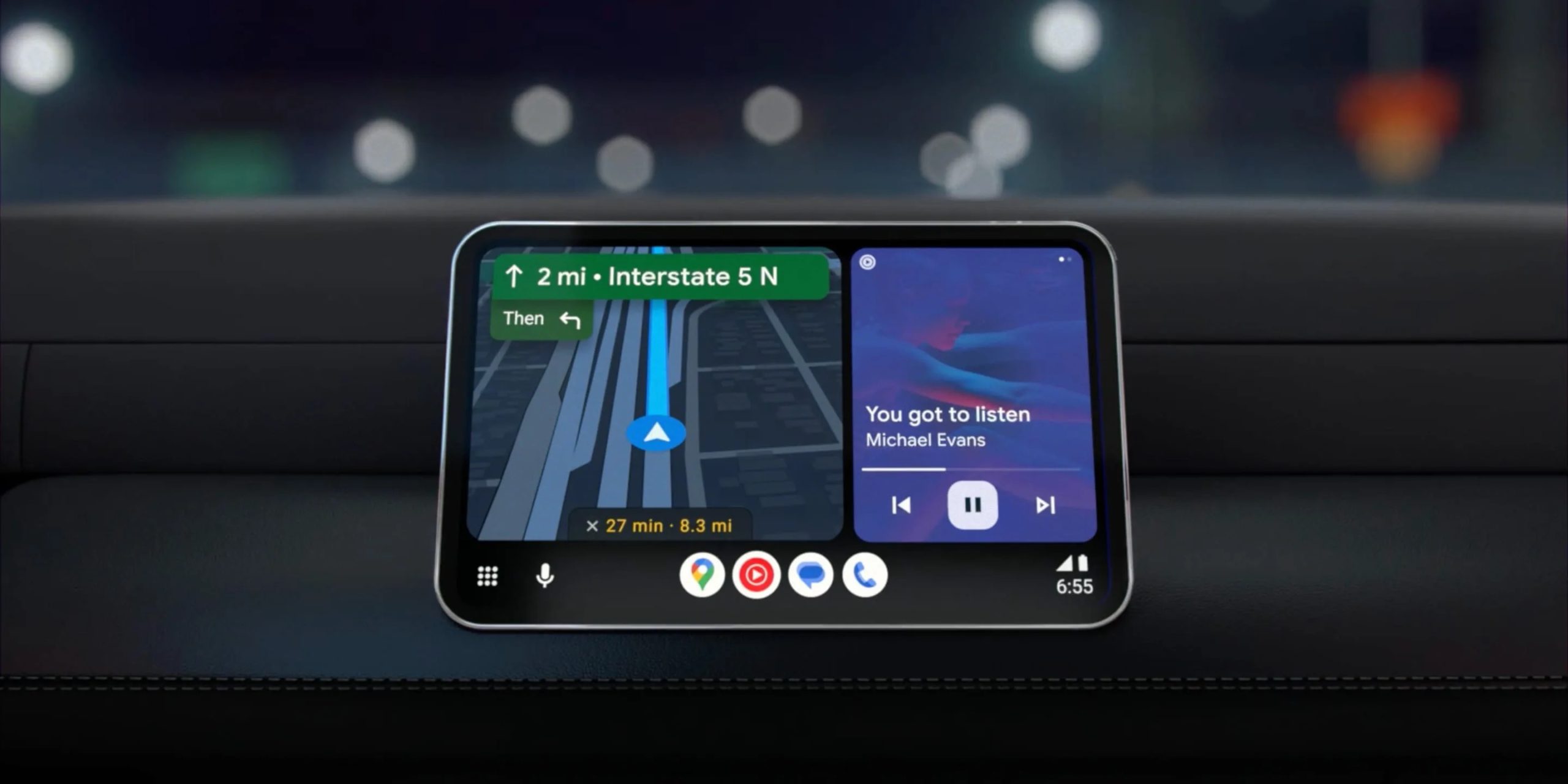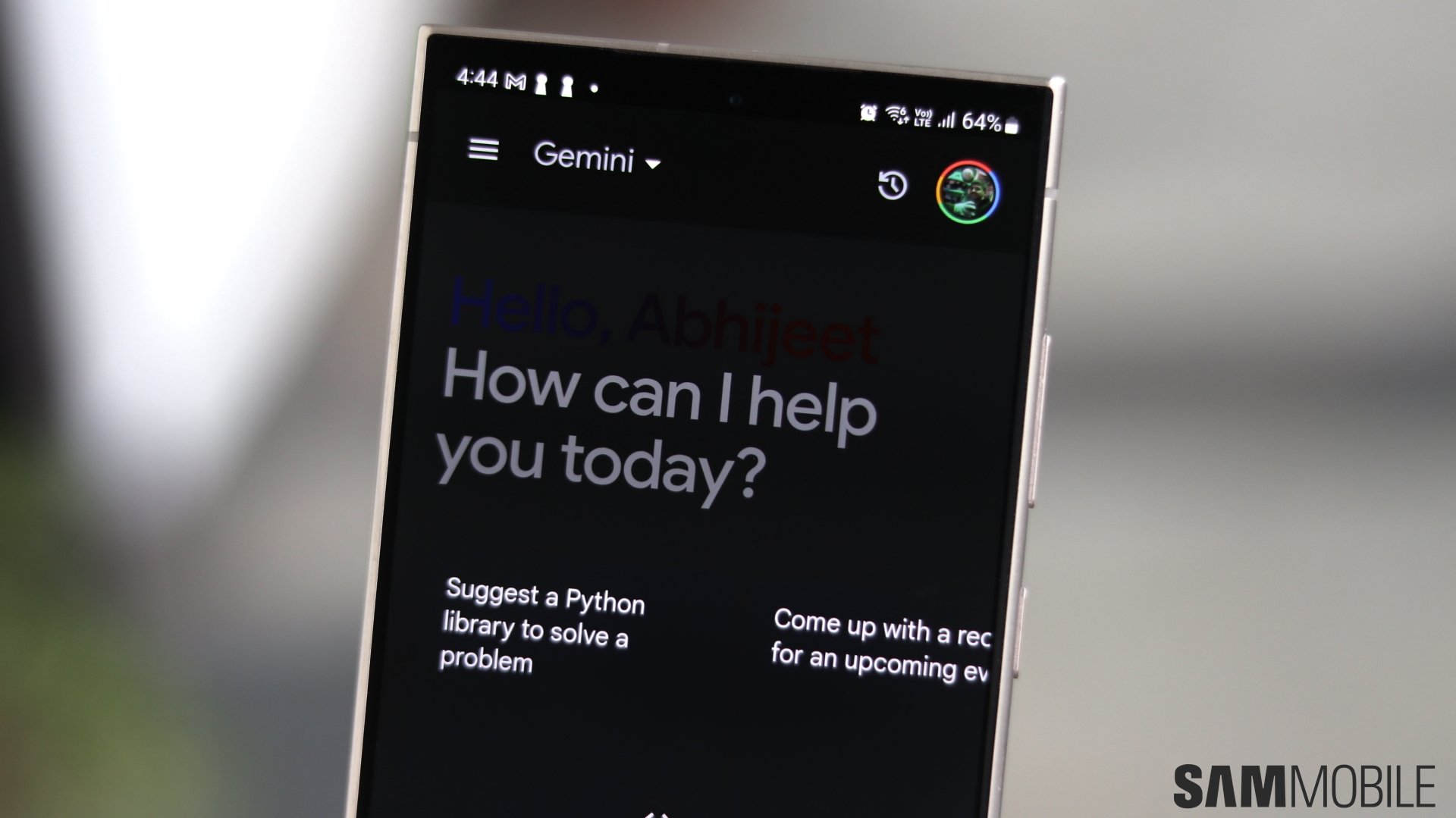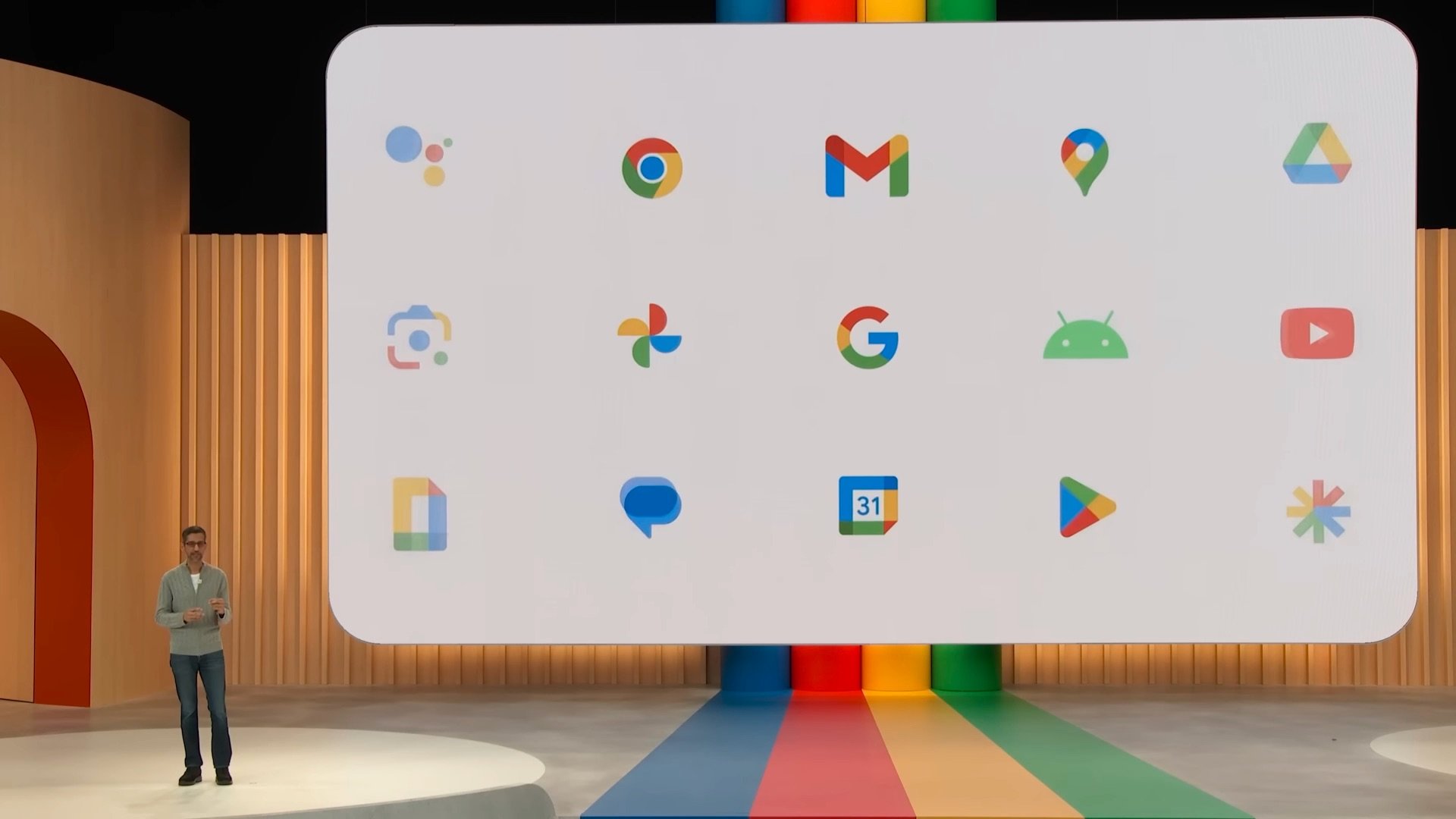
Google will pay $700 million to users and states of the US
Google has announced that it will pay $700 million and make it easier to sideload apps on Android devices from outside of the Play Store. Moreover, the company will let app developers take consumers away from the Play Store for payments (User Choice Billing) for five years. Of the $700 million, Google will pay $629 to consumers who may have paid more for apps, games, and services via the Play Store. The remaining $70 million will be paid to all the states in the US as the state Attorney Generals see fit.
For seven years, Google has agreed to continue to technically make it possible for Android users to install apps and games from outside of the Play Store. Moreover, for four years, Google will not force developers to offer their best prices to consumers who make purchases from the Google Play Store or Google Play Billing. The company will also let developers inform consumers via the Play Store about better prices for their apps and games on other app stores. For five years, Google will also allow developers to embed their web-based billing system within their app. It will also not force developers to launch their apps or games at the same time as they do on other app stores while offering the same features.
Google to make it easier to sideload apps and games, allow app developers to offer better prices on other app stores
Google has also agreed not to force smartphone makers for five years to keep the Google Play Store exclusively on their phones (or the home screen). This means brands can ship their devices with alternative app stores. For four years, the company will not stop smartphone brands from offering app installer rights to preloaded apps, and it will allow other app stores to update apps installed on the device without user intervention. For four years, Google will let sideloaded app stores use Google Play's APIs and feature splits to help install apps and games.
Usually, while installing apps from outside of the Play Store (sideloading), Google displays a scary-looking message. However, going forward, the company won't display such messages. Instead, this message will be displayed: “Your phone currently isn’t configured to install apps from this source. Granting this source permission to install apps could place your phone and data at risk.” Google will also allow app developers to contact users outside of the Play Store if they've received contact information with the user's consent.
The biggest critics of Apple's and Google's restrictions were media streaming apps like Netflix and Spotify. Google will now let such apps inform users of better pricing on their own websites. However, Google hasn't agreed to let those app developers display a direct link to their website.
All of Google's concessions will only be valid for 4-6 years
When you look at the bigger picture, Google is making it slightly easier for users to install apps and games from outside of the Play Store. However, all those concessions have an expiry date, which means Google will revert to the old rules within 4-6 years, depending on the rules. The company announced on its blog that it will roll out ‘User Choice Billing' more broadly after the court approves the settlement. US-based game developers will be the first ones to be eligible for the program. The program is already available for developers in South Korea. It will be available to European game developers next year.












